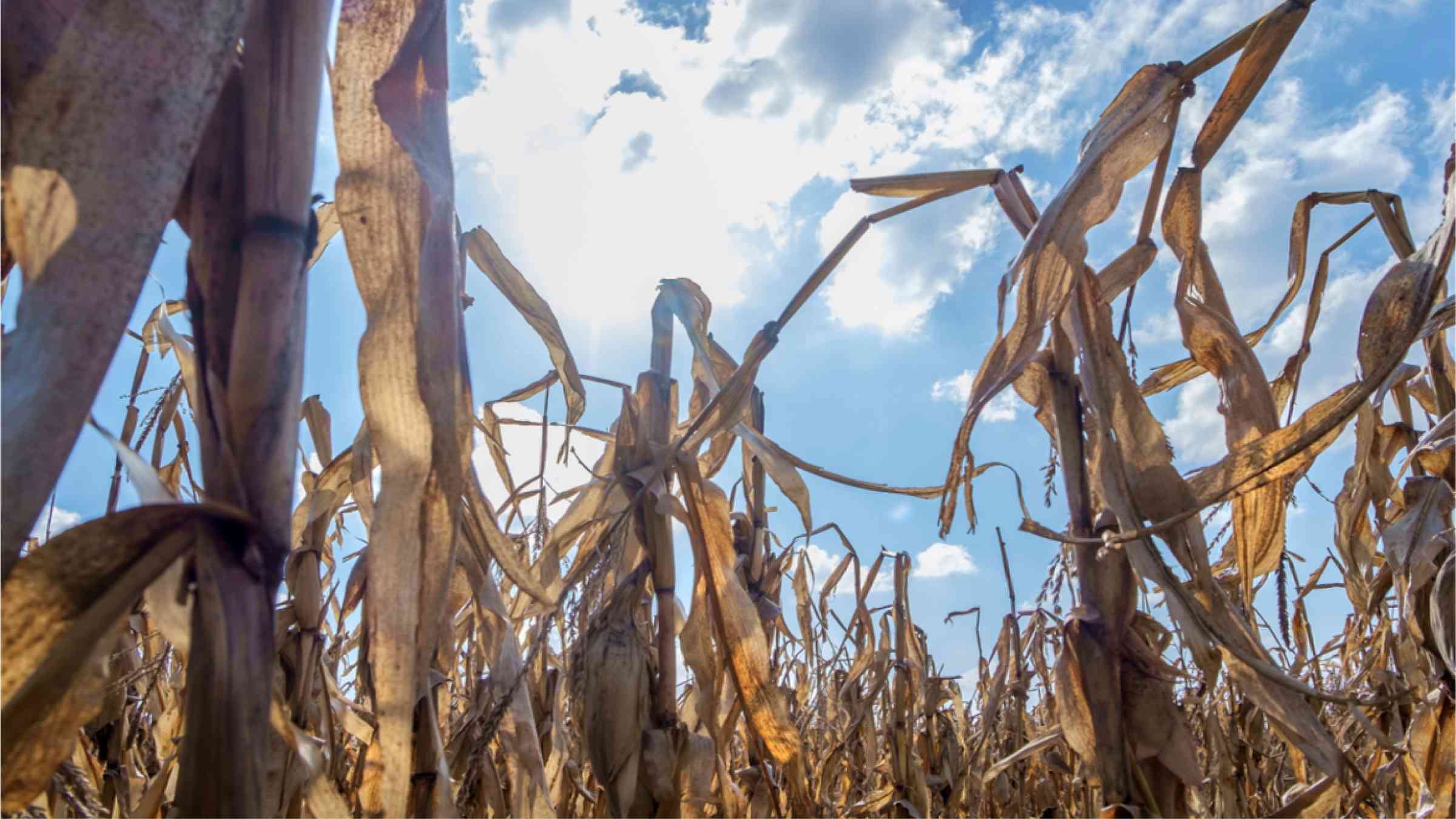Study projects cropland exposure could surge over 1,000% by 2100

A new study led by Prof. BAO Anming from the Institute of Xinjiang Ecology and Geography (XIEG) of the Chinese Academy of Sciences warns of a dramatic rise in heatwave exposure across Central Asia's croplands by the end of the 21st century.
Published in Earth's Future, the study analyzes the impacts of heatwaves on cropland across Central Asia and projects future risks under three Shared Socioeconomic Pathways (SSPs), revealing a concerning picture for the region's agricultural future.
The researchers revealed that, under moderate (SSP370) and high (SSP585) greenhouse gas emission scenarios, the total area of cropland exposed to heatwaves is projected to increase by 852% and 1143%, respectively, compared to the historical baseline (1995-2014). This dramatic increase underscores the escalating threat posed by climate change to agriculture in the region.
They found that Northern Kazakhstanas the most vulnerable area, with southeastern parts of Central Asia also facing significant risk. The cropland areas susceptible to heatwaves show a clear trend of intensification and expansion across Central Asia.
A key insight from the study is that the combined effects of climate change and shifting patterns of land use are the dominant drivers behind increased heatwave exposure-together accounting for over half of the projected impact.
This study offers critical insights for policymakers seeking to develop effective climate change adaptation and mitigation strategies to safeguard Central Asia's vital agricultural sector.